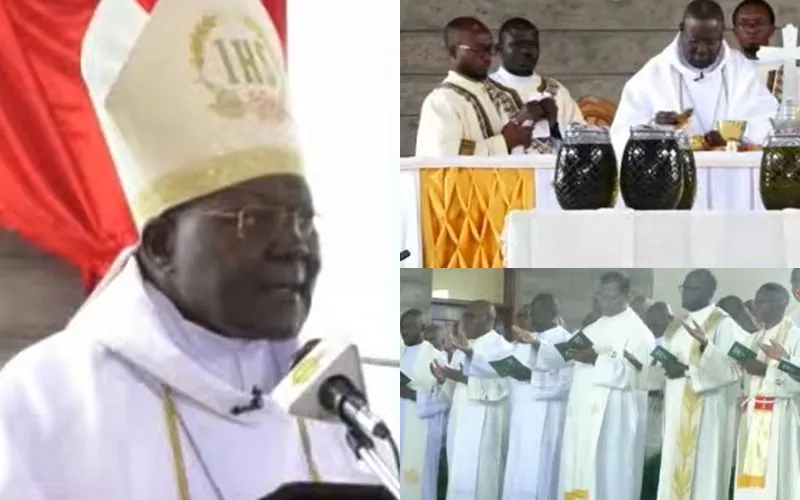Johannesburg, 14 January, 2021 / 6:35 pm (ACI Africa).
Two Catholic Bishops in Southern African nations have expressed concerns about the “distressing situation” of migrants trying to cross into South Africa from neighboring countries amid the COVID-19 pandemic.
In a Tuesday, January 12 report seen by ACI Africa, Bishop Estanislau Marques Chindekasse of Angola’s Dundo Diocese and Bishop Willem Christiaans of Namibia’s Keetmanshoop Diocese propose a series of measures to address the “distressing and chaotic reality.”
"Over the past few days the distressing situation at the border posts in Lesotho, Mozambique, South Africa and Zimbabwe has made headlines,” the two Bishops say in a joint message sent to Agenzia Fides, the information service of Propaganda Fide.
In their message, the Bishops explain that the “distressing and chaotic reality” at the border posts has been caused by the “huge backlog in the processing of documentation and COVID-19 testing and screening.”
Due to the COVID-19 controls, thousands of migrants seeking entry into South Africa “stayed for inordinately long periods at the border posts waiting to be processed and as such suffered from dehydration and were without basic needs like food and even sanitation,” the two Bishops say.








